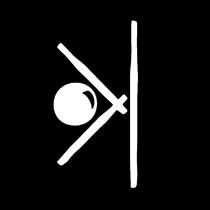
kamokapearl
@kamoka_pearl
Country/Region:America
Category:
Professional Life
Daily
Animals
-
27112Global Ranking
-
7019Country/Region Ranking
-
1.78MFollowers
-
775Videos
-
57.26MLikes
-
New Videos16
-
New Followers7.24K
-
New Views9.64M
-
New Likes318.1K
-
New Reviews1.44K
-
New Share5.25K
kamokapearl Statistics Analysis (30 Days)
-
Average Views 9.64M Followers / Views 0.08% -
Average Likes 4.5K Likes / Views 5.39% -
Average Reviews 32 Reviews / Views 0.01% -
Average Share 89 Share / Views 0.05%
kamokapearl Hot Videos
Oyster theft is rare here but it does happen every once in awhile. A good friend recently had over ten thousand grafted oysters stolen in the middle of the night. For perspective that’s over 5,000 pearls worth. We decided to invest in a long range security camera with night vision and trackers sealed into a few designated oyster shells camouflaged alongside other oysters. #kamoka #kamokapearl
Please join our TikTok Inspiration Facebook group
We'll share the latest creative videos and you can discuss any questions you have with everyone!
TiktokSpy from IXSPY
Digital tools for influencers, agencies, advertisers and brands.
Independent third-party company,Not the TikTok official website.
- Support
- Privacy Policy
Copyright@2021 ixspy.com. All Rights Reserved

 Anti-detect Browser
Anti-detect Browser



















